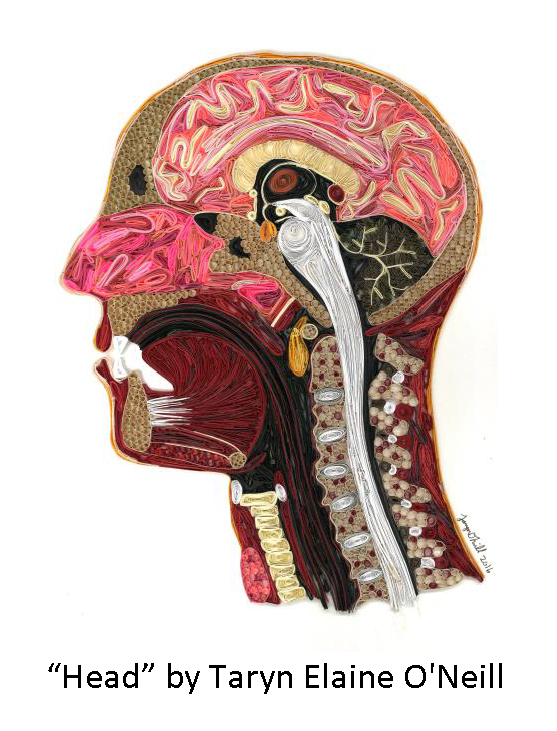Status of global health fellowship training in the United States and Canada
DOI:
https://doi.org/10.36834/cmej.56953Keywords:
Global health, fellowship, postgraduate trainingAbstract
Background: Increasing numbers of residency graduates desire global health (GH) fellowship training. However, the full extent of training options is not clear.
Objective: To identify clinical GH fellowships in all specialties in the U.S. and Canada and to describe their demographics, innovative features, and challenges.
Methods: The authors surveyed program directors or designees from GH fellowships with a web-based tool in 2017. Program directors reported demographics and program characteristics.
Results: The authors identified 85 potential programs. Fifty-four programs (63.5%) responded confirming 50 fellowships. The number of U.S. GH fellowship programs increased by 89.7% since 2010. One-third of fellowships accepted graduates from more than one specialty. The most common single-specialty programs were Emergency Medicine or Family Medicine. Fellowship duration was most commonly 24 months. Median size was one fellow per year. Funding and lack of qualified applicants were significant challenges. Most programs were funded through fellow billing for patient care or other means of self-support.
Conclusions: The number of U.S. and Canadian GH fellowship programs has nearly doubled since 2010. Programs reported lack of funding and qualified applicants as their most significant challenges. Consensus amongst stakeholders regarding training requirements may improve outcomes for future fellows, their employers, and the patients they serve.
Downloads
Published
Issue
Section
License
Submission of an original manuscript to the Canadian Medical Education Journal will be taken to mean that it represents original work not previously published, that it is not being considered elsewhere for publication. If accepted for publication, it will be published online and it will not be published elsewhere in the same form, for commercial purposes, in any language, without the consent of the publisher.
Authors who publish in the Canadian Medical Education Journal agree to release their articles under the Creative Commons Attribution-Noncommercial-No Derivative Works 4.0 Canada Licence. This licence allows anyone to copy and distribute the article for non-commercial purposes provided that appropriate attribution is given. For details of the rights an author grants users of their work, please see the licence summary and the full licence.






